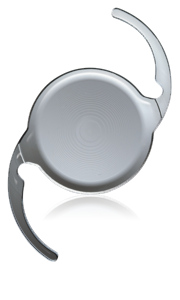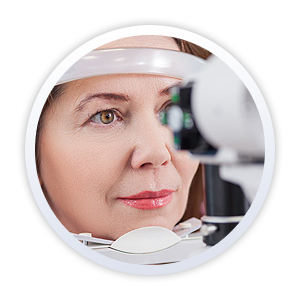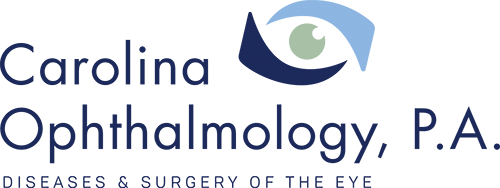As we perform daily activities such as reading, watching television or working at the computer, our eyes are constantly focusing on objects at varying distances – up close, far away and everything in-between. The ability to quickly change focus throughout this range of vision is known as accommodation. Unfortunately, this ability diminishes as we age, causing us to become dependent on bifocals or reading glasses. Thankfully, the latest premium intraocular lenses utilize advanced technology to reduce or eliminate the need for glasses after cataract surgery. Patients now have access to a variety of options to ultimately achieve quality, continuous vision at near, intermediate or far distances. Each of the lenses listed below can be utilized with both manual cataract surgery and laser cataract surgery.
Toric Intraocular Lens
Individuals who are diagnosed with cataracts and suffer from astigmatism have the option to utilize a toric intraocular lens. Toric IOLs are designed to replace the clouded, diseased lens while also correcting the astigmatism in the patient’s eye. The first toric IOL available in the United States was FDA-approved in 1998, and since then the technology has steadily improved. The newest toric IOLs approved by the FDA in 2005 come in a full range of distance vision powers.
While the toric IOL does correct a cataract and severe astigmatism, many patients may still require the use of glasses for standard vision correction with astigmatism. In other words, the toric intraocular lens is not designed to correct astigmatism with 100% certainty.
Multifocal Intraocular Lens
Designed to restore youthful vision, multifocal IOLs can provide patients with high-quality vision at any distance and in any light condition — even in low lighting. These lenses enable patients to function comfortably without glasses at near, intermediate and far distances.
If you are diagnosed with cataracts and are experiencing one or more of the following symptoms, you may be a candidate for a multifocal lens:
- Difficulty reading
- Difficulty viewing close objects
- Vision issues while driving, especially at night
- Fluctuating glasses prescriptions
- Needing bifocals
Multifocal IOLs have a slightly greater tendency to cause night vision complaints than other IOLs, so those who drive a great deal at night may wish to consider a different IOL. However, most patients who choose these lenses do not have night vision complaints. Ask your doctor if a multifocal lens is the right option for your lifestyle and eye health.
Multifocal Toric Intraocular Lens
 Multifocal Toric IOLs correct presbyopia for patients with or without astigmatism. These lenses use cutting-edge technology to lengthen the focus of the eye in order to provide quality continuous vision so patients can see clearly at near, intermediate and far distances.
Multifocal Toric IOLs correct presbyopia for patients with or without astigmatism. These lenses use cutting-edge technology to lengthen the focus of the eye in order to provide quality continuous vision so patients can see clearly at near, intermediate and far distances.
Multifocal IOLs also correct color distortion allowing for high-quality vision in any lighting condition. This allows patients to see clearly from day to night. If you are considering cataract surgery, ask your doctor if a multifocal toric lens is the right choice for you.
Light Adjustable LensTM
Despite the number of technological advances in modern cataract surgery, many patients continue to be disappointed with their vision outcomes. With the photosensitive Light Adjustable LensTM from RxSight, patients have the unique opportunity to test drive and adjust their vision based on personal desires and lifestyle requirements. This optimization is achieved after lens implantation and healing through a series of in-office UV light treatment procedures that change the shape and power of the implanted lens.
 The Light Adjustable LensTM delivers unmatched, superior vision outcomes compared to non-adjustable IOLs. In a recent study of 600 subjects, LAL patients were twice as likely to achieve 20/20 vision at 6 months without glasses versus those who received a standard monofocal IOL.
The Light Adjustable LensTM delivers unmatched, superior vision outcomes compared to non-adjustable IOLs. In a recent study of 600 subjects, LAL patients were twice as likely to achieve 20/20 vision at 6 months without glasses versus those who received a standard monofocal IOL.
Ask your doctor if you are a candidate for this unique and customizable lens option.







